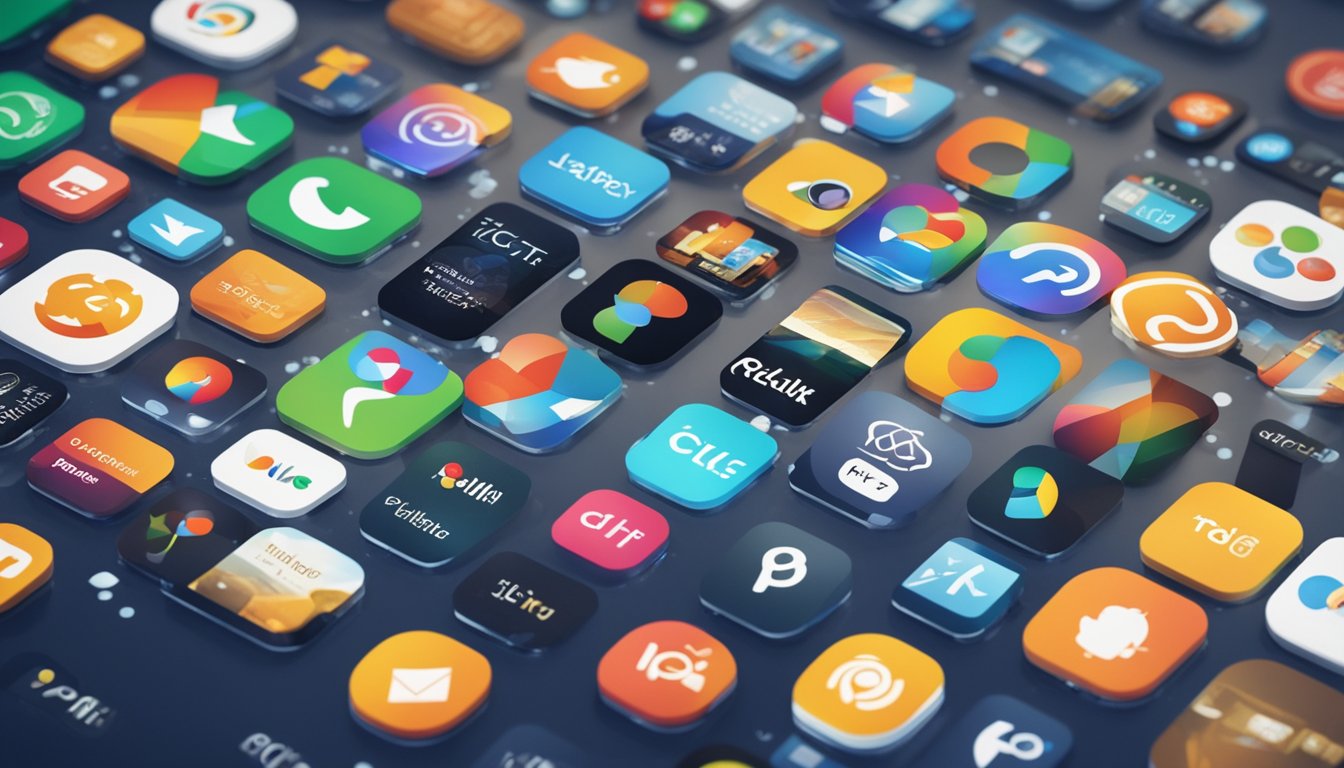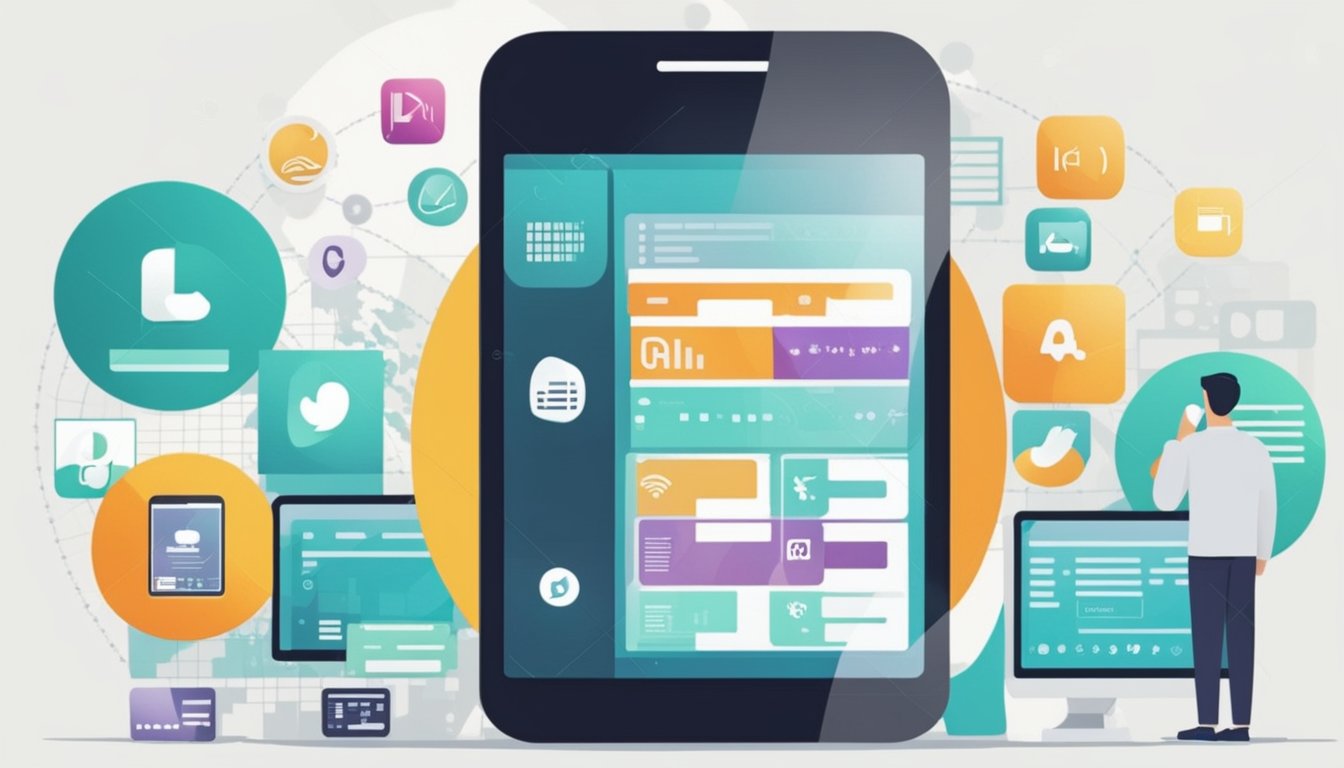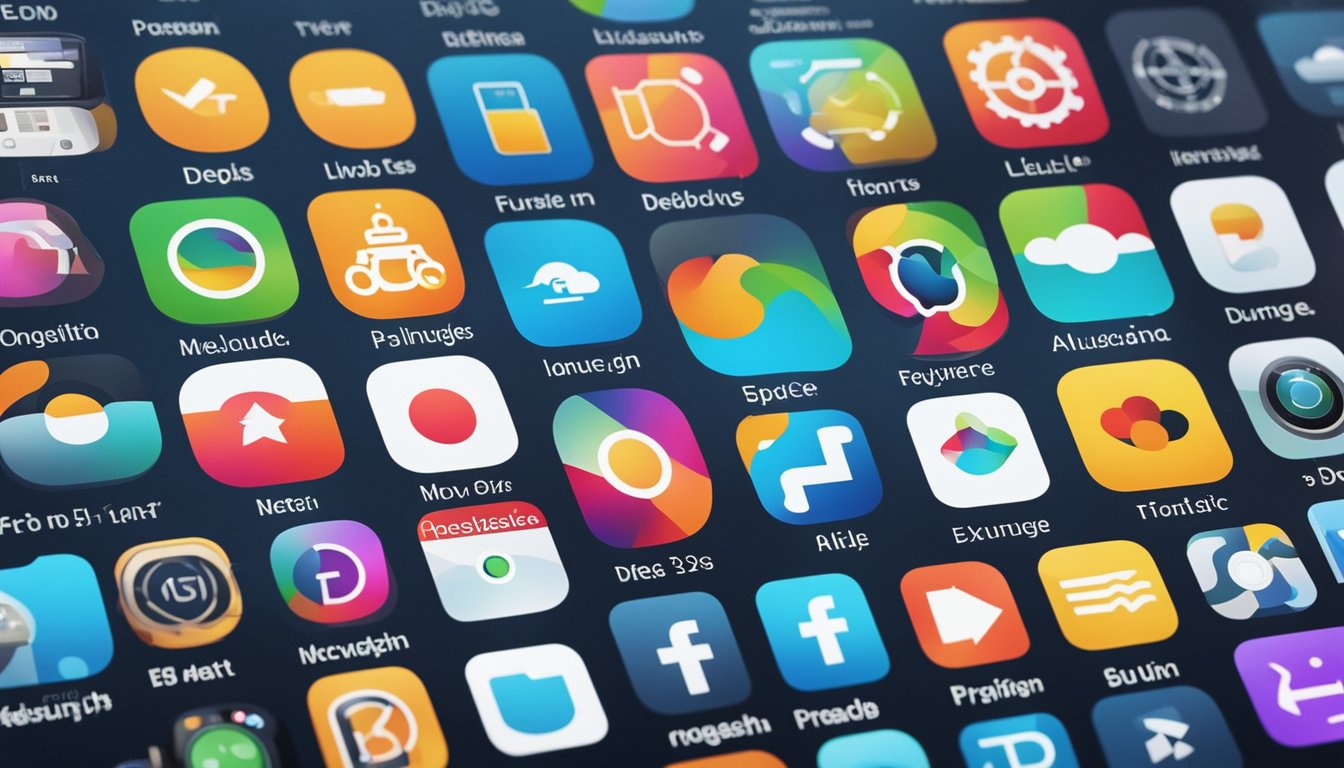Most Popular Mobile App Development Languages in 2023
As mobile devices become increasingly prevalent in our daily lives, mobile app development has become an essential skill for developers. Choosing the right programming language for app development is crucial to creating a successful mobile application. With so many programming languages available, it can be challenging to determine which one to use. In this article, I will explore the most popular mobile app development languages and discuss their strengths and weaknesses.

Understanding mobile app development is essential before selecting a programming language. Mobile app development is the process of creating software applications that run on mobile devices, such as smartphones and tablets. There are two types of mobile apps: native and hybrid. Native apps are written in a language that is supported natively by the specific operating system of mobile devices, such as iOS or Android. Hybrid apps, on the other hand, are written in web technologies such as HTML, CSS, and JavaScript, and then wrapped in a native container for distribution.
Key Takeaways
- Choosing the right programming language is crucial to creating a successful mobile application.
- Mobile app development involves creating software applications that run on mobile devices, such as smartphones and tablets.
- There are two types of mobile apps: native and hybrid.
Understanding Mobile App Development

As mobile devices continue to dominate the technology industry, mobile app development has become an essential skill for developers. Mobile app development involves creating software applications that run on mobile devices such as smartphones and tablets.
There are two types of mobile apps: native apps and web apps. Native apps are developed specifically for a particular mobile operating system (OS), such as iOS or Android. These apps are built using programming languages that are supported natively by the OS, such as Objective-C or Swift for iOS, and Java or Kotlin for Android. Native apps have access to the device's hardware and can take advantage of its functionality, resulting in better performance and user experience.
Web apps, on the other hand, are built using web technologies such as HTML, CSS, and JavaScript. They run on mobile web browsers and can be accessed through a URL. Web apps are cross-platform, meaning they can run on multiple devices and operating systems. However, they have limited functionality compared to native apps and cannot access the device's hardware.
There are several programming languages that are commonly used for mobile app development. Java and Kotlin are popular choices for Android app development, while Objective-C and Swift are commonly used for iOS app development. C++ and Rust are also used for native programming, while JavaScript and Python are popular for web development. In addition, there are high-level languages such as C# and PHP that are used for backend development.
When choosing a programming language for mobile app development, it is important to consider factors such as demand, safety, and concurrency. In-demand programming languages such as Java and Kotlin offer job and career growth opportunities. Rust, on the other hand, is known for its safety and concurrency features, making it a popular choice for developing high-performance apps.
Overall, the choice of programming language for mobile app development depends on the specific requirements of the project. Whether it's native or web app development, front-end or back-end development, or graphics or encapsulation, there is a programming language that can meet the needs of the project.
Types of Mobile Apps

When it comes to mobile app development, there are several types of apps that can be created. The three main categories are native apps, web apps, and hybrid apps.
Native Apps
Native apps are developed for a specific platform, such as iOS or Android. These apps are built using the platform's specific programming language, which means that they can take full advantage of the platform's features and perform better than other types of apps. For example, iOS apps are typically built using Objective-C or Swift, while Android apps are built using Java or Kotlin.
Web Apps
Web apps are essentially websites that are designed to look and function like mobile apps. They are built using web technologies such as HTML, CSS, and JavaScript, and can be accessed through a mobile browser. Web apps are not installed on the device, so they do not take up any storage space. However, they are limited in terms of functionality and performance.
Hybrid Apps
Hybrid apps combine the best of both worlds by using web technologies to create a cross-platform app that can be installed on a device like a native app. These apps are built using frameworks such as Apache Cordova or Ionic, which allow developers to use web technologies to create an app that can be deployed on multiple platforms. Hybrid apps can access device features such as the camera and GPS, but their performance may not be as good as native apps.
When deciding which type of app to develop, it's important to consider the needs of the business and the target audience. Native apps are great for providing a high-quality user experience, while web apps are better suited for simpler applications. Hybrid apps are a good compromise between the two, offering cross-platform compatibility and access to device features.
Overall, the choice of programming language and framework will depend on the type of app being developed and the developer's preferences. Some popular languages for mobile app development include Java, Kotlin, Objective-C, Swift, and Dart. There are also a variety of libraries and open-source tools available to help developers create mobile apps. Functional programming, dynamic typing, generics, and inheritance are all important concepts to consider when developing a mobile app.
In conclusion, understanding the different types of mobile apps and their benefits and limitations is important when embarking on a mobile app development project.
Platform Specific Languages and Tools

When it comes to mobile app development, platform-specific languages and tools are essential for creating high-quality apps that run smoothly on specific mobile operating systems. Native app development is coded in a language that's supported natively by the specific operating system of mobile devices. For instance, if you're building an app specifically for the Apple App Store, you'll need to use a language like Objective-C or Swift that's supported by iOS. Similarly, if you're building an app for the Google Play Store, you'll need to use a language like Java or Kotlin that's supported by Android.
One of the primary benefits of using platform-specific languages and tools is that they allow developers to take full advantage of the features and capabilities of the operating system they're targeting. For example, if you're building an app for iOS, you can use the Cocoa Touch framework to access features like GPS, the camera, and the accelerometer. Similarly, if you're building an app for Android, you can use the Android SDK to access features like the Google Maps API and the Android Wear SDK for smartwatch integration.
Another benefit of using platform-specific languages and tools is that they provide a more streamlined development experience. Since developers are working with a language and toolset that's specifically designed for the platform they're targeting, they can often write code more quickly and efficiently. Additionally, debugging and troubleshooting are generally easier since developers can take advantage of platform-specific debugging tools.
However, one potential drawback of using platform-specific languages and tools is that they can be less flexible than other development approaches. If you want to create an app that runs on multiple platforms, you'll need to create separate versions of the app using different languages and tools. This can be time-consuming and may require additional resources.
Overall, platform-specific languages and tools are an essential part of mobile app development. They allow developers to create high-quality apps that take full advantage of the features and capabilities of specific mobile operating systems. While there are some potential drawbacks to using these tools, the benefits generally outweigh the costs.
Frequently Asked Questions

What are the top programming languages for mobile app development in 2023?
As of 2023, some of the top programming languages for mobile app development are Java, Swift, Kotlin, and Flutter. Java is the most commonly used language for Android app development, while Swift is the language of choice for iOS app development. Kotlin is a newer language that has gained popularity due to its interoperability with Java and its concise syntax. Flutter, on the other hand, is a cross-platform framework that uses the Dart programming language.
Is Kotlin a good choice for mobile app development?
Yes, Kotlin is a good choice for mobile app development. It is a modern and concise language that is interoperable with Java, making it easy to integrate with existing Java code. Kotlin is also designed to be safer than Java, with features like null safety and type inference that can help reduce the risk of bugs in your code.
What are the advantages of using Flutter for mobile app development?
Flutter is a popular choice for mobile app development because it allows you to build cross-platform apps with a single codebase. This can save time and resources compared to building separate apps for each platform. Flutter also has a fast development cycle, with features like hot reload that allow you to see changes to your app in real-time. Additionally, Flutter has a large and growing community of developers and a wide range of packages and plugins that can help you add functionality to your app.
Which programming language is most commonly used for Android app development?
Java is the most commonly used programming language for Android app development. It has been around for a long time and has a large and mature ecosystem of libraries and tools. However, Kotlin has been gaining popularity in recent years and is now a close second to Java in terms of usage.
What are the differences between front-end and back-end programming languages for mobile app development?
Front-end programming languages are used to create the user interface of a mobile app, while back-end programming languages are used to create the server-side logic that powers the app. Common front-end languages for mobile app development include Java, Kotlin, Swift, and Dart. Common back-end languages include Python, Ruby, PHP, and JavaScript.
What are some popular online courses for learning mobile app development languages?
There are many online courses available for learning mobile app development languages. Some popular options include Udemy, Coursera, and Codecademy. These platforms offer courses on a variety of programming languages, including Java, Kotlin, Swift, and Flutter. Additionally, many of these courses are taught by experienced developers and offer hands-on projects and exercises to help you practice your skills.









